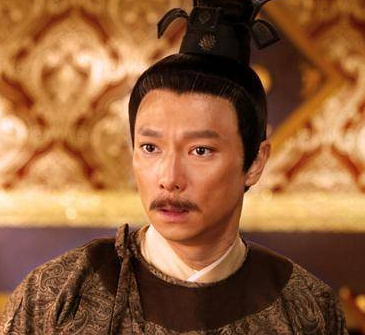In China's feudal society, the emperor, as the supreme ruler of the country, undoubtedly lived an extremely luxurious lifestyle. However, a question worth exploring is how the leftover food was disposed of after the emperor finished his meal.

Firstly, it is important to clarify that every meal of the emperor was abundant and elaborate. Every dish was carefully prepared by the imperial chefs, and the selection of ingredients was also very strict. Therefore, there would often be a lot of leftover food after each meal.
In ancient times, the leftover food after the emperor finished his meal was not discarded or given to servants as we might imagine today. Instead, there was a very strict way of disposing of it.
Firstly, the leftover food would be sent to the "Imperial Kitchen" for inspection by specialized officials. They would check if there was any possibility of poisoning to ensure the emperor's safety. If any problems were found, the imperial chef responsible for cooking would be severely punished.
If there were no issues, the leftover food would then be distributed to other personnel within the imperial palace, including palace maids, eunuchs, and others. They were not allowed to dispose of these foods as they wished and must consume them at specified times and locations.
In addition, some leftover food would be used to feed pets within the imperial palace, such as dogs and cats. These animals held a relatively high status in the imperial palace, and their diet was also very elaborate.
Overall, in ancient times, the leftover food after the emperor finished his meal was not wasted but was utilized reasonably. This not only reflected the wisdom of ancient people in their daily lives but also demonstrated their respect for food.
Disclaimer: The above content is sourced from the internet and the copyright belongs to the original author. If there is any infringement of your original copyright, please inform us and we will delete the relevant content as soon as possible.
































